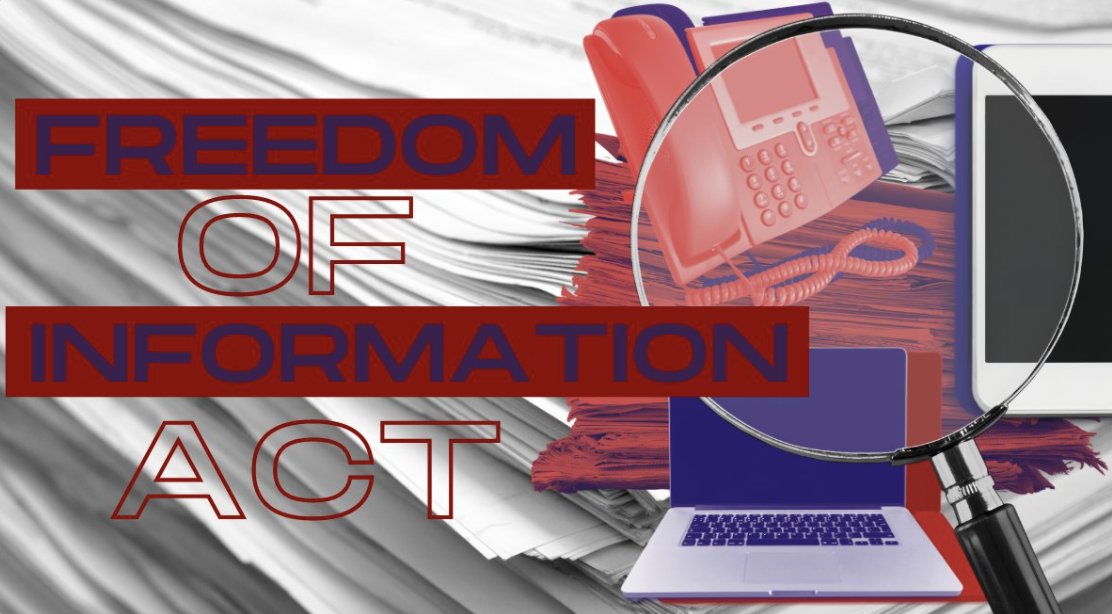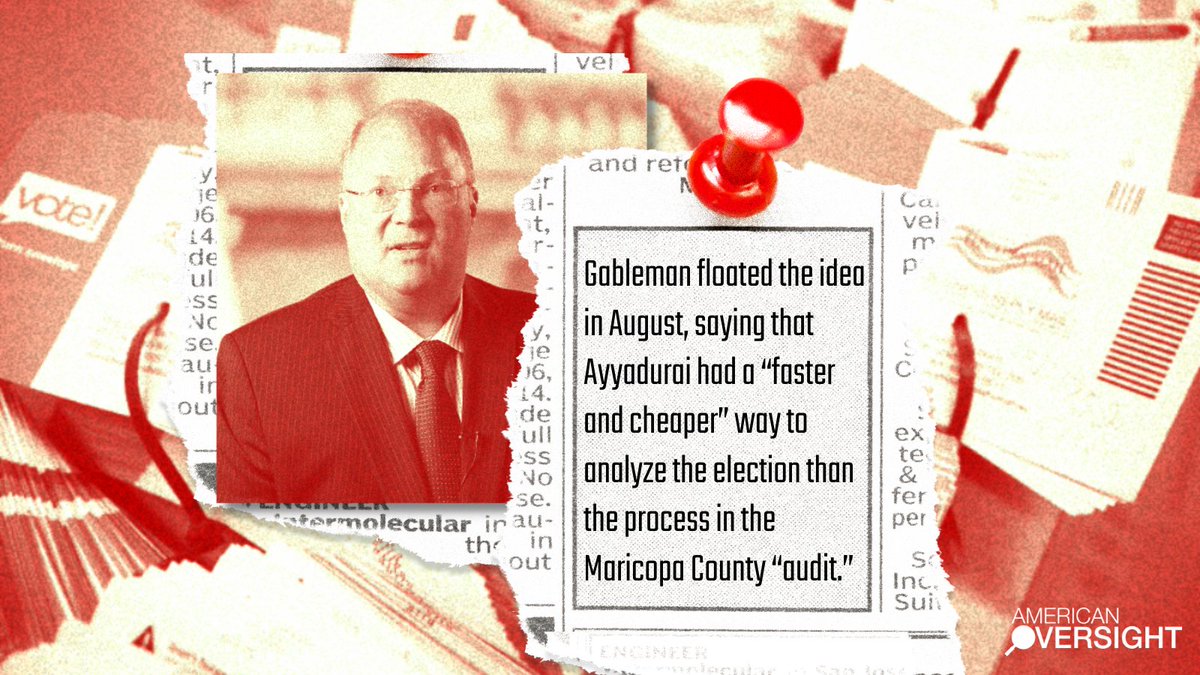
Today is the first day of #SunshineWeek, a week that celebrates and promotes access to information and open government nationwide.
To kick things off, we want to explain exactly what the Freedom of Information Act is and why it is such a powerful transparency tool. #FOIA
To kick things off, we want to explain exactly what the Freedom of Information Act is and why it is such a powerful transparency tool. #FOIA

The Freedom of Information Act was signed into law by President Lyndon Johnson in 1966. FOIA is a law that gives anyone the right to request records from agencies in the executive branch.
Yes, anyone can file a FOIA request! Many journalists, scholars, watchdog organizations, and more use FOIA requests to research what goes on behind the scenes in government. You can request records such as emails, text messages, paper documents, videos, and more.
After receiving a request, a government agency is supposed to search records that are responsive to the FOIA request, review them, and release them. But records are also often redacted or withheld under various exemptions.
These redactions are based on 9 exemptions to the Freedom of Information Act:
1. Classified information to protect national security.
2. Info that’s just about an agency’s internal personnel rules and practices.
3. Info that another federal law bans from disclosure.
1. Classified information to protect national security.
2. Info that’s just about an agency’s internal personnel rules and practices.
3. Info that another federal law bans from disclosure.
4. Trade secrets or confidential commercial or financial information.
5. Privileged communications within or between agencies.
6. Private personal information.
5. Privileged communications within or between agencies.
6. Private personal information.
7. Law enforcement information.
8. Info about the supervision of financial institutions.
9. Geological information on wells (yes, really!).
8. Info about the supervision of financial institutions.
9. Geological information on wells (yes, really!).
Sometimes, an agency will decide the entirety of a set of records should be withheld because it believes it falls into one or more of these exemptions.
Once the agency has completed its search and reviewed responsive records for exemptions, it responds to the requester. If the agency didn’t find any records or if it is withholding the records in full, it tells you that.
If it found records it will release, the agency sends you the records.
This is how FOIA *should* work. In reality, there are often problems with the process.
This is how FOIA *should* work. In reality, there are often problems with the process.
For example, while the FOIA Improvement Act of 2016 contained provisions that should have reduced the use of Exemption 5, that exemption is still regularly overused to withhold information from FOIA requesters.
pogo.org/analysis/2020/…
pogo.org/analysis/2020/…
And the Supreme Court recently overturned long-standing lower court precedents on Exemption 4, expanding agencies' abilities to withhold information they receive from companies as 'confidential.'
This potentially allows agencies to shield even corporate influence-peddling from public disclosure.
muckrock.com/news/archives/…
muckrock.com/news/archives/…
FOIA also requires “prompt” production of records, but many agencies continue to underfund their FOIA operations and as a result develop significant backlogs that delay responses.
Sometimes, we’re forced to go to court if an agency fails to comply with FOIA’s requirements — for example, agencies are supposed to respond to FOIA requests within 20 business days — or if the agency continues to withhold or redact information that should be released.
Often, an agency may redact too much of the information and/or it may not search for the records the right way. Sometimes filing an appeal will get the agency to reassess its response. Nonetheless, over redacting and bad searches limit FOIA’s effectiveness.
This is one more reason why #SunshineWeek is valuable: It’s an opportunity to call attention to the importance of transparency tools like #FOIA — and to urge government agencies to do everything in their power to ensure that the people can hold our leaders accountable.
Stay tuned for content all week for #SunshineWeek content about FOIA, government transparency, and accountability.
• • •
Missing some Tweet in this thread? You can try to
force a refresh








